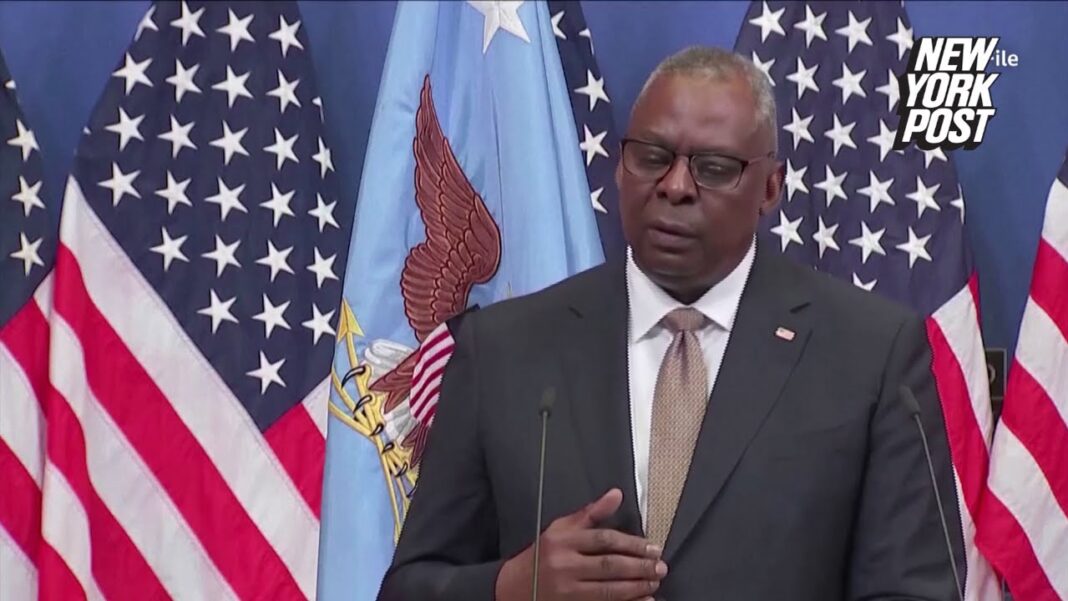The secretary of defense has taken “full responsibility” for failing to inform the public of his hospitalization, but that’s not enough.
Secretary of Defense Lloyd Austin was hospitalized this week, and apparently, the president of the United States didn’t know about it—for days.
Austin was admitted to Walter Reed National Military Medical Center following complications from an “elective procedure” on New Year’s Day, according to a statement from the Pentagon. Elective could mean almost anything that is not serious or urgent, but something went wrong, and Austin ended up in the intensive-care unit for four days, NBC News reported. In itself, the secretary’s incapacity is not a crisis; the Pentagon’s chain of command has multiple people who can take over for him. And there might be good reasons to keep such news, at least temporarily, away from the public (and America’s enemies).
But what possible reason could there be for Austin’s failing to inform President Joe Biden and National Security Adviser Jake Sullivan, as Politico reports he did?
The most benign explanation (based on what little we know so far) would be that Austin’s health issues developed so rapidly that his subordinates assumed he’d be released, when in fact he was being held over repeatedly in hour-by-hour medical decisions for more treatment. Meanwhile, a competent and efficient Pentagon staff might have extended its acting duties beyond the one day initially expected while everyone involved mistakenly thought someone else was keeping the White House in the loop.
The more worrisome possibility is that Austin and his staff did not want to release the news that Austin was incapacitated to anyone—including the president and his staff. If Austin’s illness was kept under wraps by his aides to shield him from criticism or scrutiny, that’s evidence of a dysfunctional staff environment, in which actions to protect the boss’s equities overtake both necessary procedures and plain good sense. The fact that Austin’s hospitalization, according to Politico, was “a closely guarded secret, kept from even senior Pentagon officials and congressional leaders,” suggests that this strange episode was the result of more than just an oversight.
By Tom Nichols







